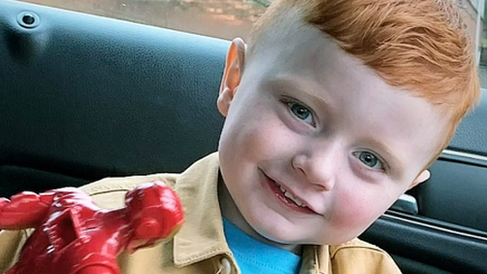Autistic people four times more likely to be lonely, says study
- Published
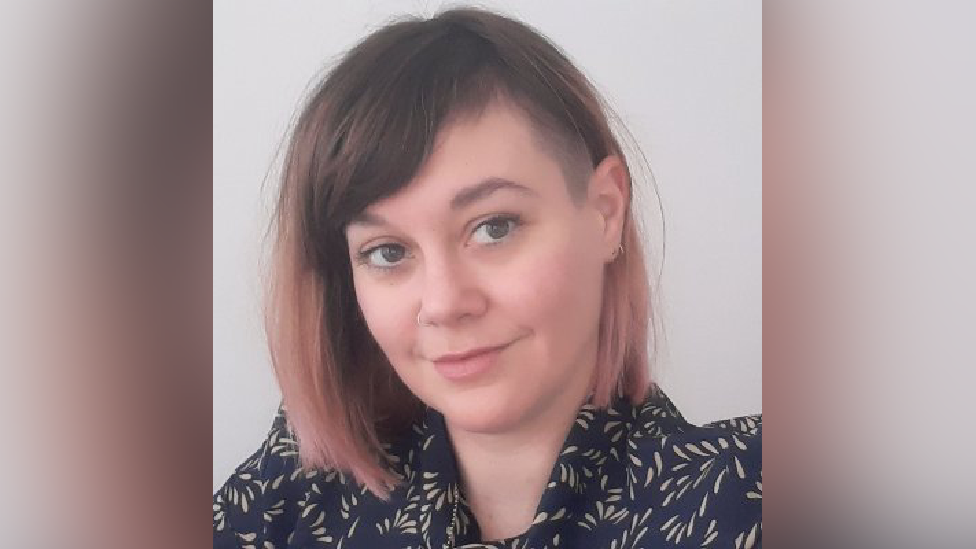
Dr Gemma Williams of Swansea University says sensory issues cause issues with socialising
Autistic people are four times more likely to be lonely than those who are neurotypical, according to a new study.
Dr Gemma Williams of Swansea University said "autistic people were way more distressed by their loneliness than neurotypical people".
One autistic man told the BBC he can find making friends and conversation challenging.
Autism means people may act differently, external and neurotypical is defined as those with more typical cognitive processing.
The study, external was a collaboration between Swansea University and Brighton and Sussex Medical School, with two combined studies both about the same subject.
Dr Williams, of the university's faculty of medicine, health and life science, said the first study was a form about loneliness given out to autistic people and those who are neurotypical.
The second one - which Dr Williams led - was a 10-minute conversation with different autistic people about loneliness.
Dr Williams said three main themes came up in the conversations.
"The first was this, real, deep yearning for connection, like really wanting to have people that they could connect with on the same level and often really missing that," she said.
Another was financial, because autistic people faced "additional barriers to employment and accessing benefits".
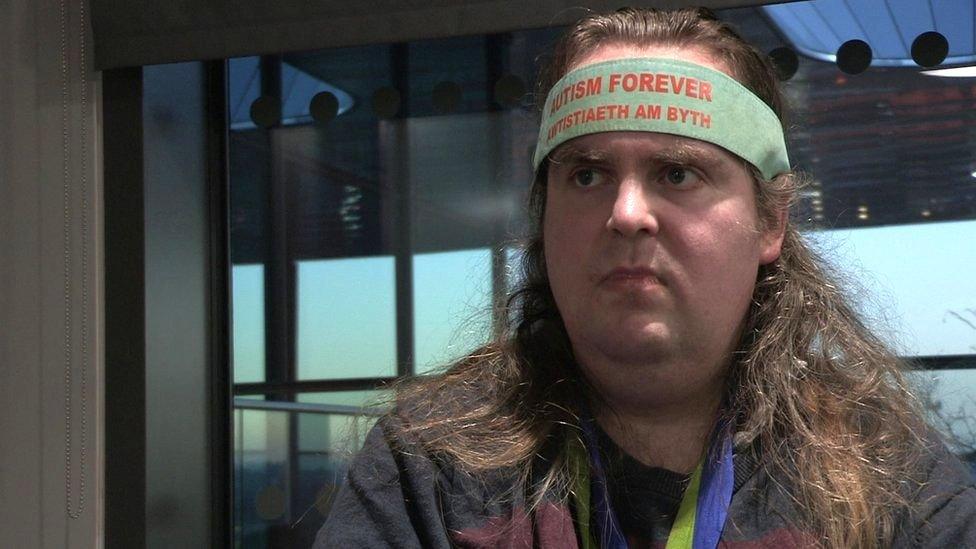
Nath Trevett believes more education is needed around autism
And sensory issues also proved an issues with socialising.
"People were reporting this need for solitude at times to recover from being overstimulated," Dr Williams said.
"So they were really lonely and really sad about it, but they also appreciated that they needed some time just to recover."
Nath Trevett, who is autistic and from Caerphilly, said ignorance was the main reason for autistic people feeling lonely, and more education was needed.
"Autistic people can find making friends and conversation challenging, and society just needs to understand that's a system and to adapt to it," he said.
"Loneliness is serious and a trigger and not good for people's mental health."
He said some people were "ignorant" and "shut autistic people out".
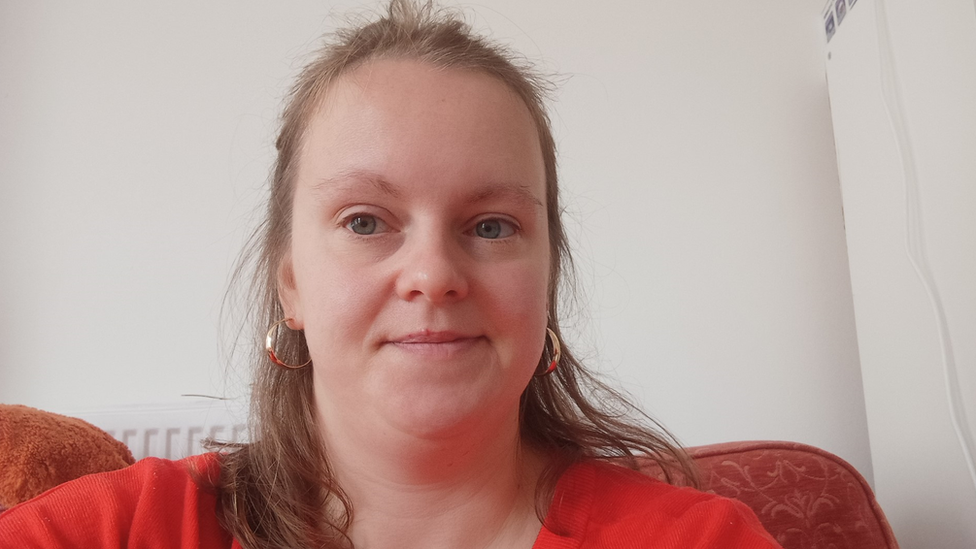
Eleanor Button says she doesn't always look after herself in social situations
Eleanor Button, who is also autistic and from Brighton, Sussex, said: "I used to be a really shy person. But I've always wanted to be extroverted, but I've gradually sort of trained myself over my course of my 20s."
She said she "pushed through" overstimulation to carry on socialising.
"I'll just go ahead with it. I just do it.
"I don't really sort of maybe look after myself as much as I should."
The National Autistic Society said loneliness could be a very real and distressing experience for autistic people, making them feel isolated or rejected.
Head of influencing and research, Tim Nicholls, said: "Autistic people sometimes describe feeling lonely even when they are around friends or colleagues because they feel misunderstood or that they can't be themselves.
"Unfortunately, we know that without support, loneliness can affect autistic people in many ways; developing mental health difficulties like anxiety and depression, low self-esteem, social withdrawal and sometimes it can even result in desperate situations.
"Through support, understanding, acceptance and respect, autistic people will live happy and fulfilled lives in a society that really works for them."
- Published3 February 2023
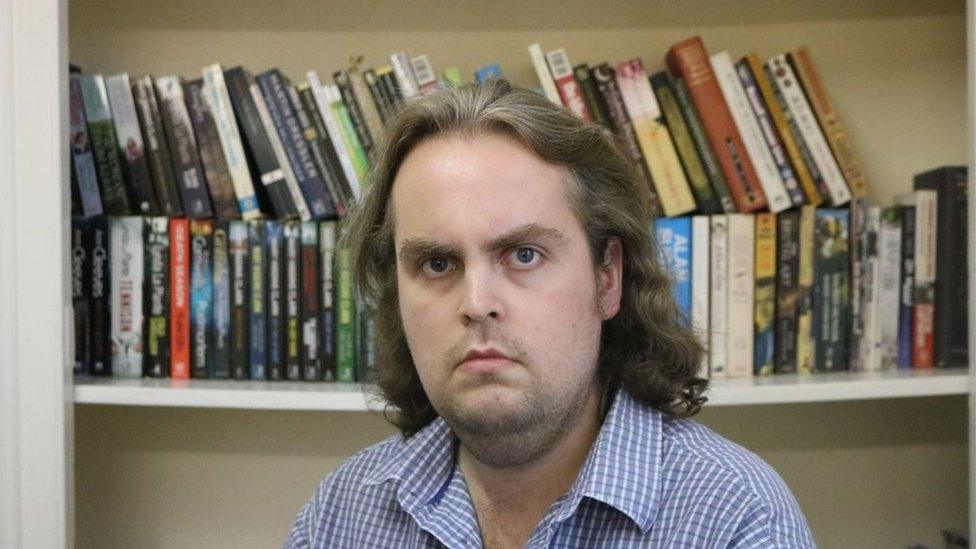
- Published31 October 2023
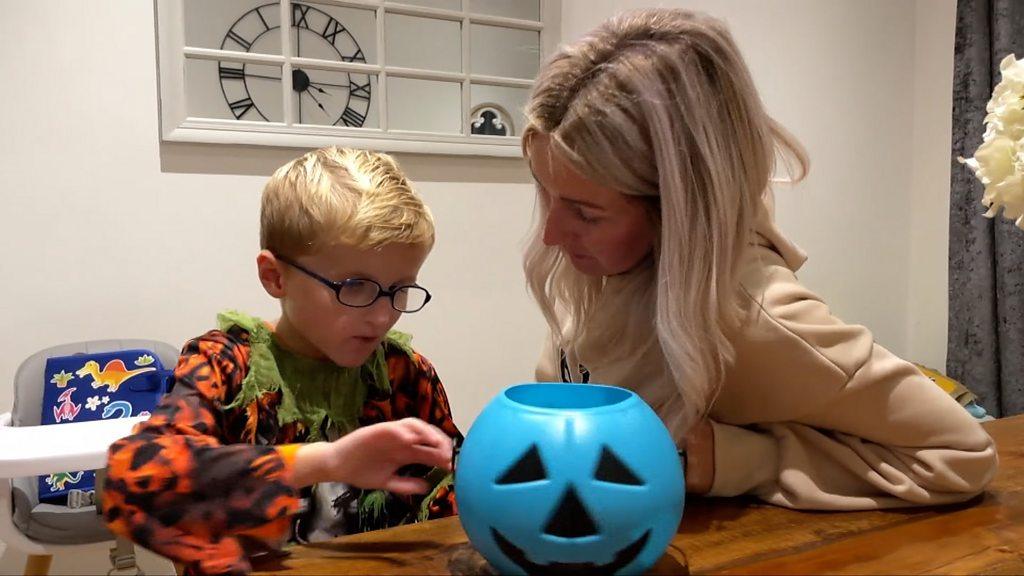
- Published23 March 2023
